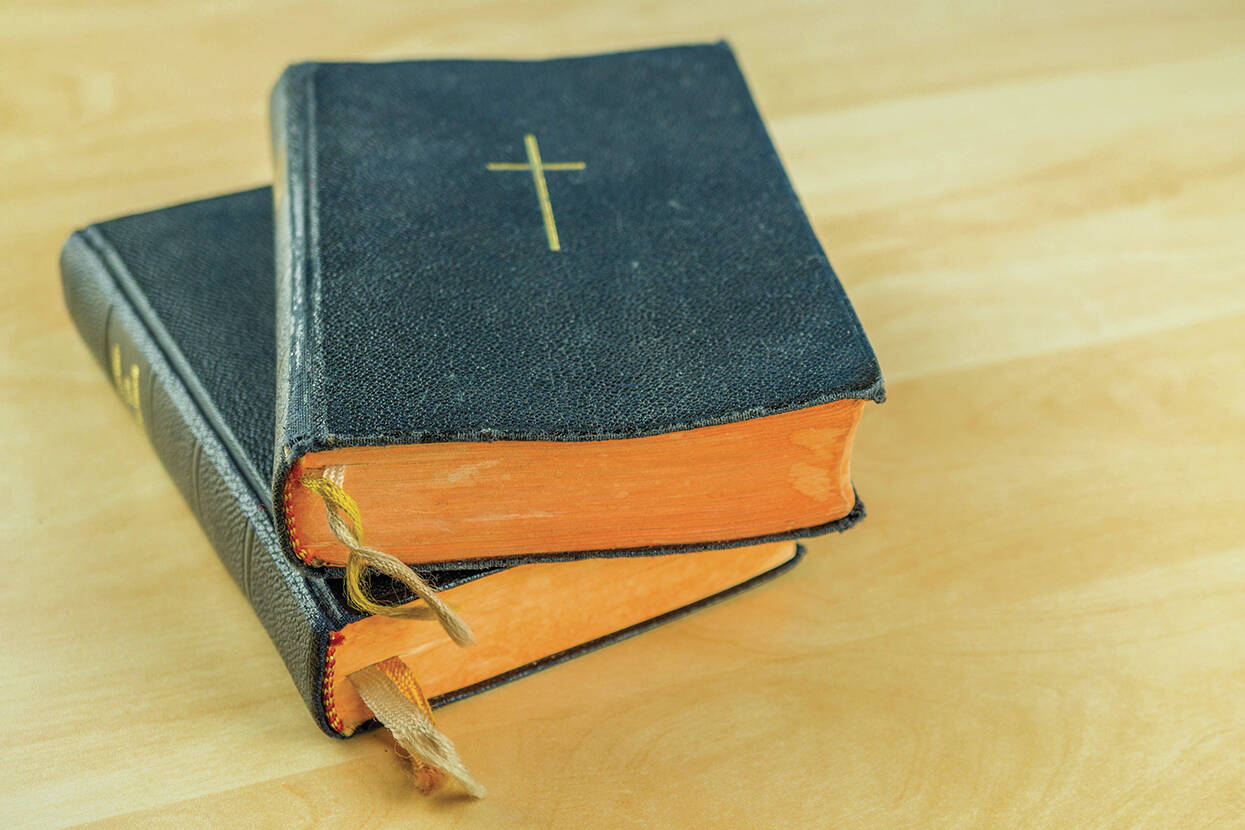For those of us who live in the United States, freedom is a big deal. It’s hard-wired into our DNA to cherish, respect, and celebrate freedom every chance we get. But do we know what freedom is? I think we all think we do. Freedom is doing what we want, when we want, and nobody can tell us otherwise. Right?
But that’s not quite it. The problem with that definition of “freedom” is that our world and our humanity are marred by sin, so that we either don’t know what we want or we spend all our time wanting all the wrong things. Plus we’re terribly impatient, so even if we do know what we want, we often don’t display the patience required to attain it. Pair all that with our lack of accountability to one another and we end up shackled to any number of “free” pursuits that don’t actually bring the life we hoped for.
However, if freedom isn’t what we first think it is, what is it? There’s a story in the Bible that powerfully contrasts true freedom with perceived freedom. In Acts 16, the apostle Paul and his companion have been falsely charged, beaten, and wrongly thrown in prison. They’re literally shackled hand and foot and occupying the innermost cell — not free by any standard definition of the word.
Except they start singing. It’s the middle of the night and they’re worshipping God and praying. Despite their chains, they’re doing what free people do. That’s because their freedom is not dependent upon their circumstances.
In stark contrast to the singing prisoners, there’s a jailer watching over them. By all appearances he is free. He’s a middle-class worker in the Roman world. After his shift he’ll probably go home and eat a TV dinner in front of the tube.
But then an earthquake changes everything. The stocks and cell doors of all the prisoners are loosed. Startled and thinking the inmates have escaped, the jailer is about to kill himself. He’s so afraid about what will happen to him when his superiors find out that he considers suicide the better option. In a moment of crisis, the shackles this jailer carries around with him are exposed. His false freedom is just a circumstance away from being revealed.
Thankfully, Paul stops the jailer from ending his life and shows him instead the way to true freedom: a relationship with Jesus. Rather than doing what we want, when we want, this story reveals that true freedom is about knowing the peace and goodness of God deep in our bones.
And we can only know the peace and goodness of God if we trust God. Ironic enough, trust in God is built when we submit ourselves daily to Him as His servants. In other words, true freedom isn’t about doing what we want, but trusting what God wants for our lives.
That’s a different definition of freedom than I grew up hearing, but it’s way more compelling than any other I’ve heard.
Joshua Gorenflo and his wife, Kya, are ministers at Kenai Fellowship, Mile 8.5 on the Kenai Spur Highway. Worship is 11 a.m. on Sundays. Streamed live at kenaifellowship.com.

